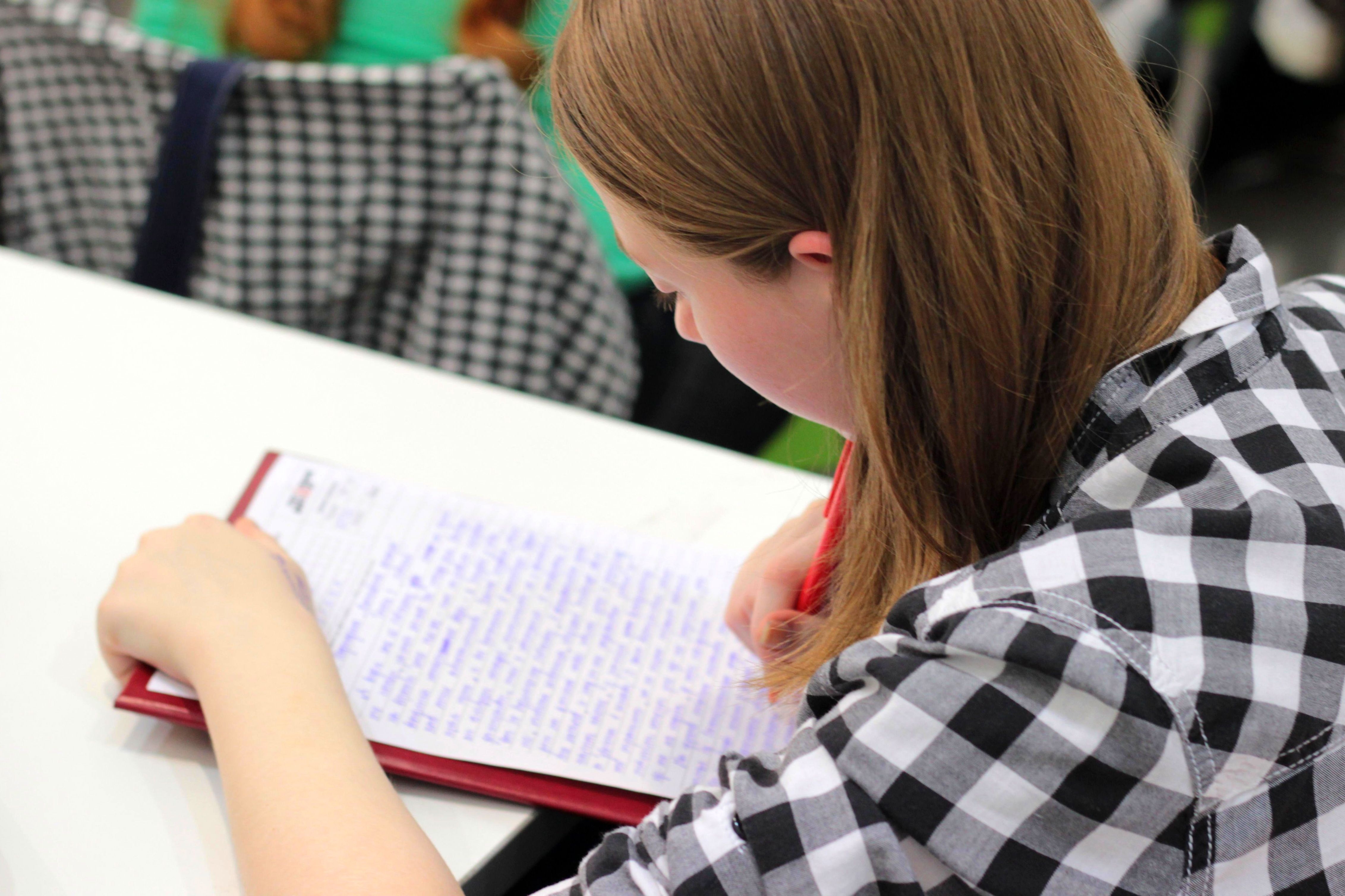From Talking to Writing: Teaching Oral, Reading, and Writing Skills Simultaneously through Understanding the Relationship between Reading and Writing

Spoken language mastery is essential for reading and writing. Some of the most influential cognitive abilities that provide a foundation for speaking, reading and writing are: attention, verbal working memory, executive functioning and processing speed. These cognitive abilities are closely related and share common functions. For example, students need to pay sustained attention to speech sounds as well as recognize and manipulate speech sounds in words. Learners demonstrate this ability in reading while decoding words whereas in writing, this ability is revealed through spelling. Another example is verbal working memory. This cognitive skill is limited to the amount of material working memory can hold and in the length of time the manipulation of language can be expressed. When students are reading text, they often hold a completed sentence in working memory and then reread the preceding sentence to enhance their understanding. During writing while composing phrases, sentences and paragraphs, writers are using verbal working memory. A third cognitive ability is executive functioning whereby students need to plan, self-monitor and alter plans during language tasks. For instance, both readers and writers need to self-monitor for visually similar words (of/off) and homonyms (sail/sale). Last but not least is processing speed, the rate at which learners are able to retrieve information and execute plans. Proficient readers and writers are able to rapidly name several elements of a given category while students with slower processing speed may be accurate in their responses, but their production is almost always very slow. In order for students to develop fluent reading or written expression, they need structured teaching as well as enough practice using their reading and writing skills.
Reading

Reading and writing are not identical skills but do share the cognitive abilities mentioned previously. Before actual reading begins and as an aid to comprehension, two pre-reading exercises can help to support the reader’s ability to focus attention on the reading material. One such exercise is to recall background knowledge, internalized from life experience about a topic, and then match that knowledge to the text. Another is to identify new and unfamiliar words from the assigned text and learn their meanings from the words and phrases around them. Once this is completed, the actual reading begins. A competent reader engages in the following:
- activates phonological awareness skills (how letters and sounds correspond)
- recognizes how the sounds blend together to form words
- decodes the words printed on the page
- realizes word recognition
- attaches meaning to those words
- reads with fluency
- comprehends what has just been read
A main component of fluent reading is word recognition, the ability to recognize written words correctly and automatically. This ability helps to ensure writing words correctly as students learn to represent letter forms in memory as well as the strategies for their automatic retrieval from memory. Students who read effortlessly over time enjoy successful wide-reading experiences. As a result, they are at an advantage for being exposed to learning more words and growing their vocabulary. This word exposure not only enhances their reading comprehension but also creates better spellers. In addition, children who develop good understanding of what they read may display a greater interest in writing. They become aware of the word relationships in a variety of sentence patterns and how authors structure text along with the rules that govern it.
Writing

When looking at the relationship between reading and writing, writing is the act of scribing words and sentences on paper. Therefore, it is necessary to have facts and experiences to share. Prior to writing both at the sentence and paragraph levels, the writer needs to consider the topic and summon background knowledge and ideas in support of that topic. Following that, students should exhibit a clear understanding of sentence structure as well as the rules for correct grammar. Additionally, it is important for writers to construct a plan that structures and organizes their paragraph-level writing.
Such a plan ensures that each sentence links logically with the preceding sentence to produce a smooth flow or cohesion. Writing, which incorporates word recognition and reading comprehension, places the greatest demand on verbal working memory and relies on the skills that follow:
- mechanics: handwriting
- phonology: speech sounds that make up words (e.g., bit = “b”+“i”+“t”)
- semantics: word meanings and concepts
- morphology: meaningful parts of words (roots, affixes, and inflections such as -ed verb endings that indicate past action)
- syntax: rules for the order of words in sentences (simple to complex) and grammar rules
- discourse: narrative structure versus expository structure
In consideration of the relationship between reading and writing, even more than reading, writing depends on the mastery of the most basic skills such as spelling and hand- writing. Through direct and explicit instruction, teachers need to systematically teach a hierarchy of formal spelling rules that transition from short and long vowel patterns to irregular word spelling. Without this instruction, writers who struggle with spelling may lose track of their thoughts as they try to spell a specific word used in context or process sound-symbol relationships (phonology and morphology). In addition, it is important and necessary for students to receive handwriting instruction. The development of legible handwriting enhances spelling, aids writing fluency and frees mental energy for higher order cognitive skills, especially at the multi-sentence or paragraph level.
In closing this article on the relationship between reading and writing, the underlying cognitive abilities, attention, verbal working memory, executive functioning and processing speed are critical in their support of learning to read and write and need to be considered as linguistic skills are taught. Although it appears plausible that the features of reading and writing are the same, it is evident that they are not totally equal. What is most important to remember is that the automatization of reading and writing skills is essential. Students benefit most when instruction is direct and explicit, and sufficient review and practice are provided.
 Author: Terrill Jennings She has taught and directed language arts programs for children with dyslexia for more than forty years. She has authored two books on writing with her colleague Dr. Charles Haynes and is an accomplished presenter who has given workshops nationally and internationally.
Author: Terrill Jennings She has taught and directed language arts programs for children with dyslexia for more than forty years. She has authored two books on writing with her colleague Dr. Charles Haynes and is an accomplished presenter who has given workshops nationally and internationally.
![]()